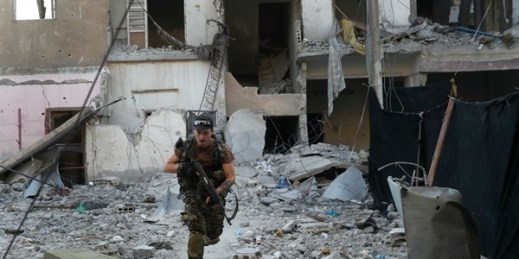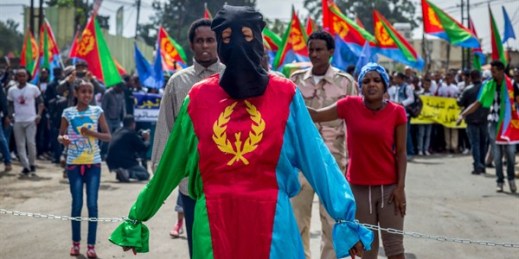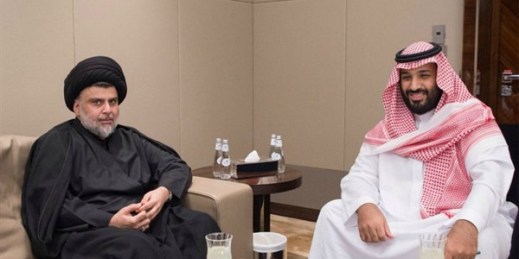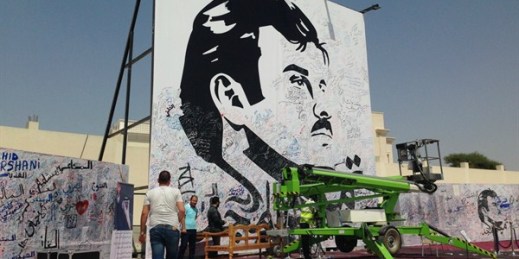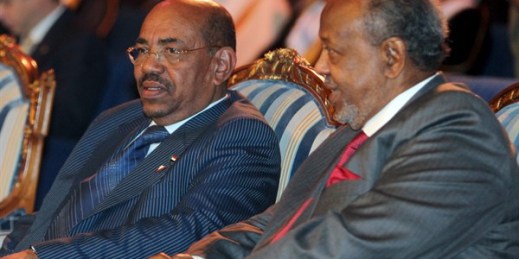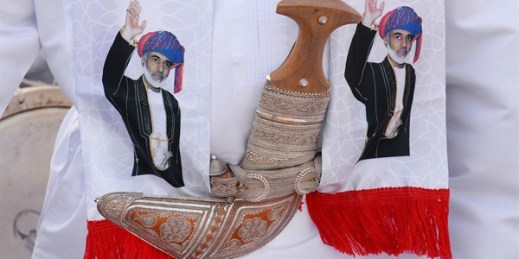
Three years ago, Sultan Qaboos bin Said al Said, Oman’s 76-year-old ruler, left for an eight-month stint of medical treatment in Germany. It wouldn’t be his last. Since then, the sultan’s continued deteriorating health and lack of a clear heir—he has no children and has kept any plans for a successor vague—have fueled a succession debate both within Oman and among its neighbors. Now, amid the significant rift in the Gulf resulting from the Saudi- and Emirati-led blockade of Qatar, the potential for a looming succession crisis in Oman could affect not just domestic stability in the Gulf’s quietest state, […]

